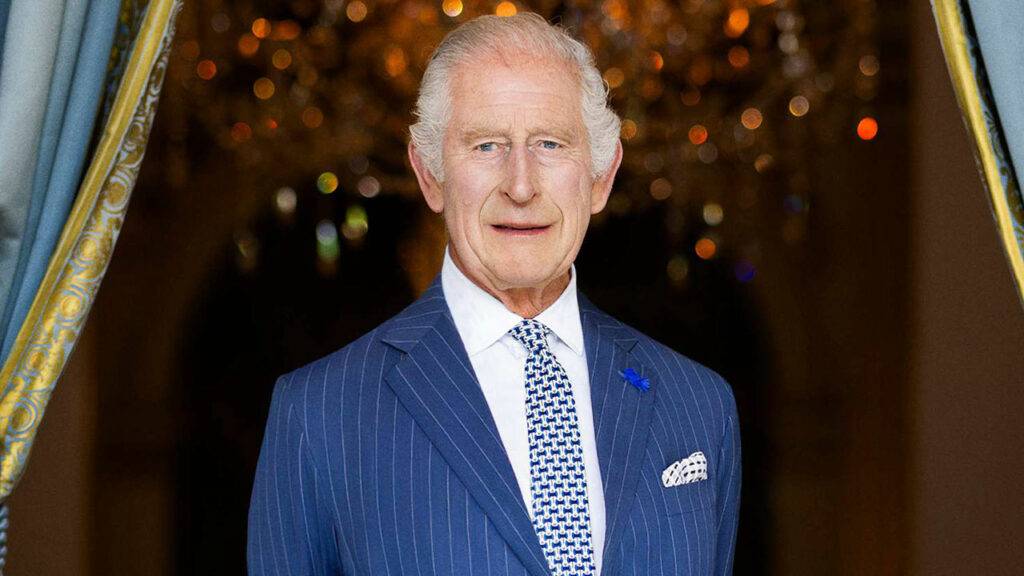The recent revelation of King Charles III’s cancer diagnosis has sent shockwaves across the United Kingdom. The Buckingham Palace disclosed that the monarch, aged 75, will undergo treatment following a procedure for an enlarged prostate.
In this article, we delve into the details surrounding King Charles’s health condition, the procedure that led to the cancer diagnosis, and the impact on his royal duties.

The Diagnosis Unveiled
King Charles III’s cancer diagnosis was made during a hospital procedure for benign prostate enlargement. The palace statement revealed, “During The King’s recent hospital procedure for benign prostate enlargement, a separate issue of concern was noted.
Subsequent diagnostic tests have identified a form of cancer.” Despite the gravity of the situation, the palace clarified that it is not prostate cancer.
King Charles Prostate
An enlarged prostate, a common condition among older men, prompted the initial medical intervention. The procedure, known as a transurethral resection, aims to alleviate symptoms such as difficulty urinating.
Dr. William Oh, Chief Medical Officer of the Prostate Cancer Foundation, explained, “They go in and they scrape some tissue so that you can pee better.” This procedure inadvertently led to the discovery of the undisclosed cancer.
King Charles Cancer Diagnosis
Dr. Christian Pavlovich from Johns Hopkins School of Medicine emphasized that the scope used in the procedure could detect cancer in nearby areas, such as the bladder or urethra. Additionally, Dr. Justin Friedlander from Fox Chase Cancer Center noted that the scope might identify signs of kidney or ureter cancer through the detection of bloody urine.
Despite the health setback, King Charles III remains optimistic about his treatment, according to the Buckingham Palace. The monarch started “regular treatments” and has temporarily paused public events but will continue with constitutional responsibilities.
The palace statement assured that the King is “wholly positive about his treatment and looks forward to returning to full public duty as soon as possible.”
Leaders worldwide have expressed their best wishes for King Charles’s swift recovery. Prime Minister Rishi Sunak conveyed his optimism, stating, “I have no doubt he’ll be back to full strength in no time.” U.S. President Joe Biden expressed concern and planned to call Charles, emphasizing the courage required in navigating a cancer diagnosis.
Family Support and Prince Harry’s Visit
King Charles personally informed his sons about the diagnosis, with Prince Harry set to travel from the United States to the UK in the coming days. The Duke of Sussex, residing in California, will join his family in supporting the monarch during this challenging time.
The recent health issues come less than 18 months into King Charles’s reign. Despite polls indicating a generally favorable view of his rule, challenges such as the ongoing fallout with Prince Harry and the shadow of his mother’s recent passing have marked his early years on the throne.
Conclusion
As King Charles III faces this health challenge, the world watches with bated breath. The transparency shown by the monarch in sharing his diagnosis aims to dispel speculation and create understanding for those affected by cancer globally.
With the support of his family, global leaders, and the British public, King Charles remains resolute in his journey towards recovery, aiming to resume his royal duties at the earliest.


